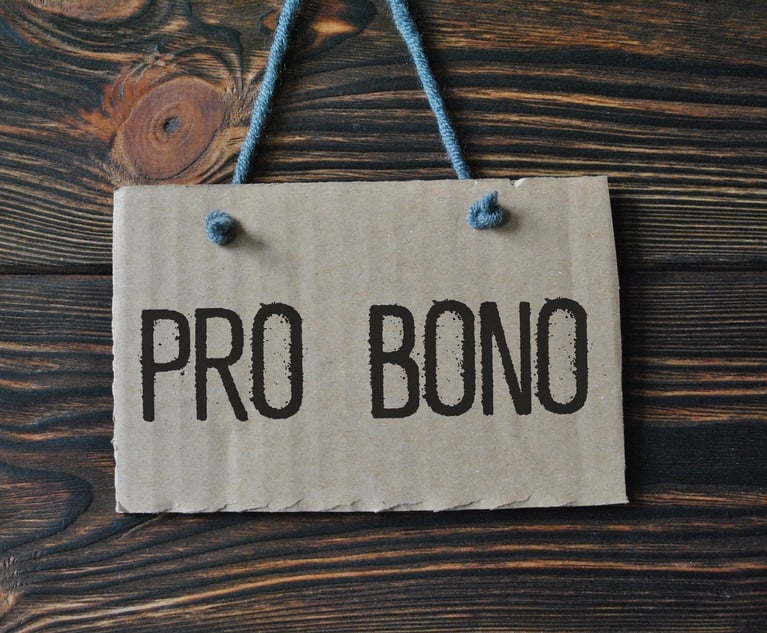California became the first state to legalize medicinal marijuana in 1996, and 20 years later became one of the few states to legalize recreational marijuana. The resulting societal shift in cannabis use and its acceptance has complicated the regulation of cannabis in the workplace. Proposition 64—which legalized the recreational use of marijuana in California—expressly recognizes an employer’s right to “maintain a drug- and alcohol-free workplace” and to have “policies prohibiting the use of marijuana by employees and prospective employees.” Thus, cannabis is often likened to alcohol; although consumption of alcohol is legal for those over the age of 21, employers may prohibit drinking during work hours and discipline any employee who comes to work intoxicated. But unlike tests for alcohol, there is no way to test whether a person is currently impaired from marijuana use. In fact, a regular user may test positive for marijuana weeks after the individual last used the drug. So when may employers test employees for marijuana? When should an employer test?
Employer’s Ability to Screen for Cannabis Use
Proposition 64 does not prohibit or limit an employer’s ability to test for marijuana use. In California, employer drug testing programs are limited by the state’s constitutional right to privacy. Although employment drug testing programs implicate this privacy right, they are not necessarily improper. Instead a program is judged on a case-to-case basis using a “reasonableness” balancing test that weighs the gravity of intrusion on an employee’s privacy versus the validity of the employer’s reason for the drug testing. California courts recognize that current employees, who have a work history the employer may use to evaluate their performance, have a stronger privacy claim than applicants.


 Hilary Weddell, with McManis Faulkner.
Hilary Weddell, with McManis Faulkner.




